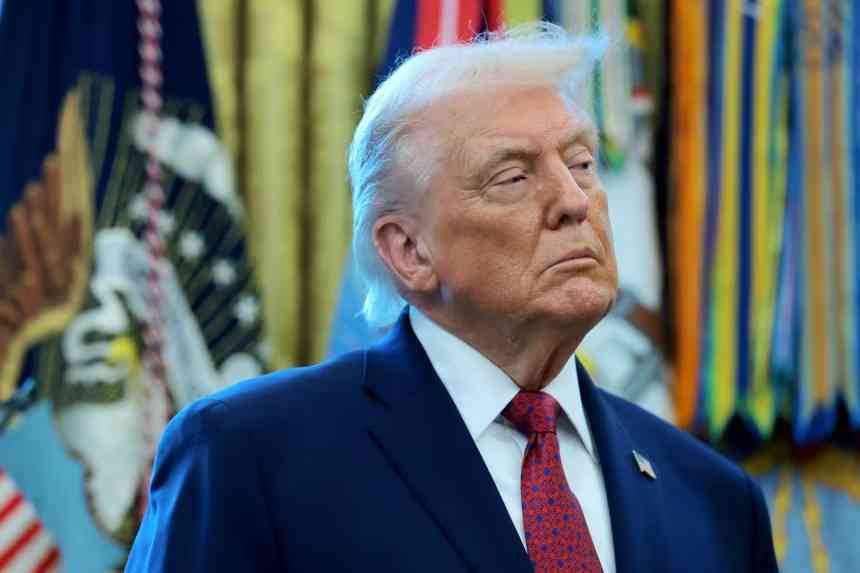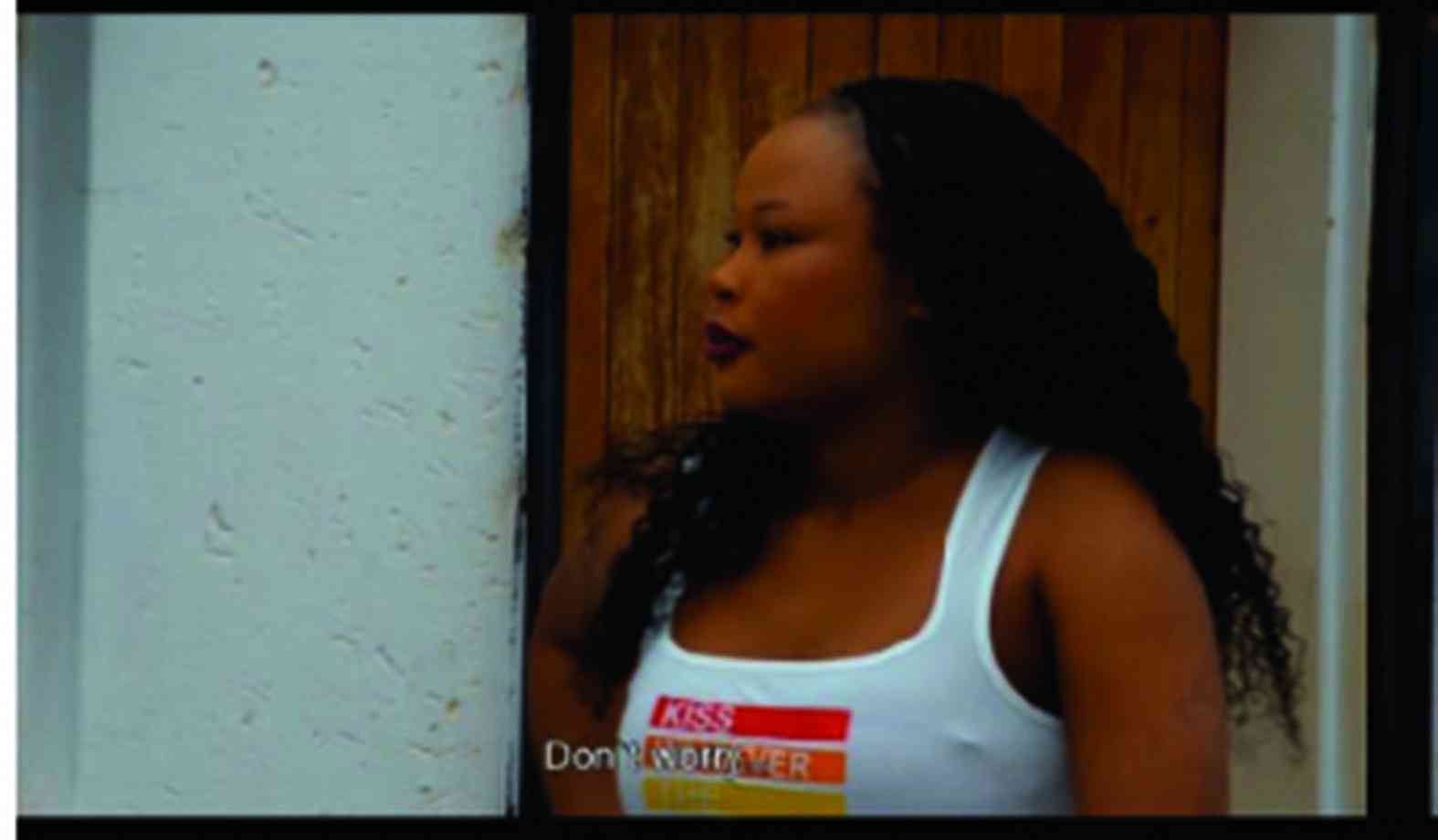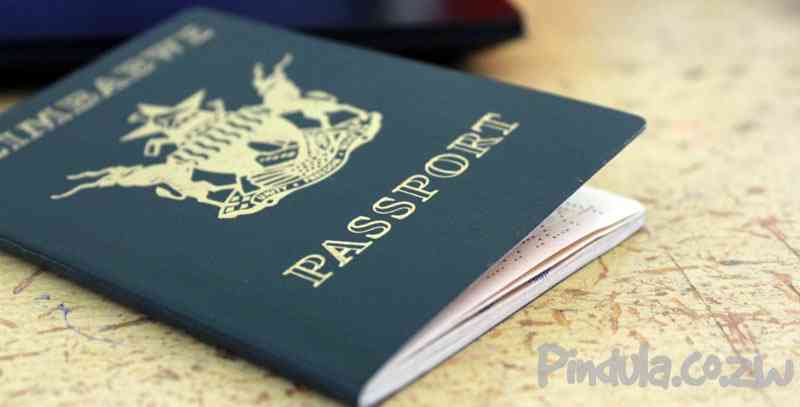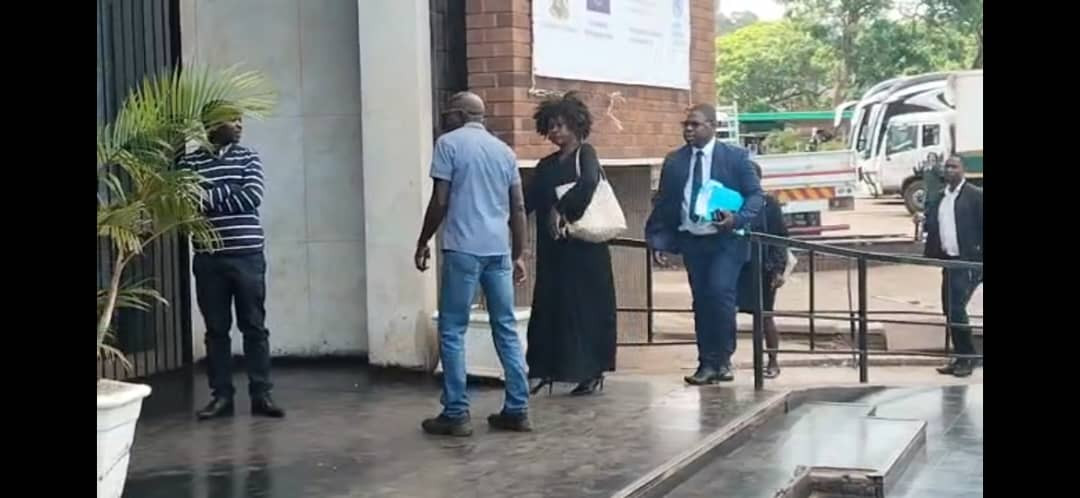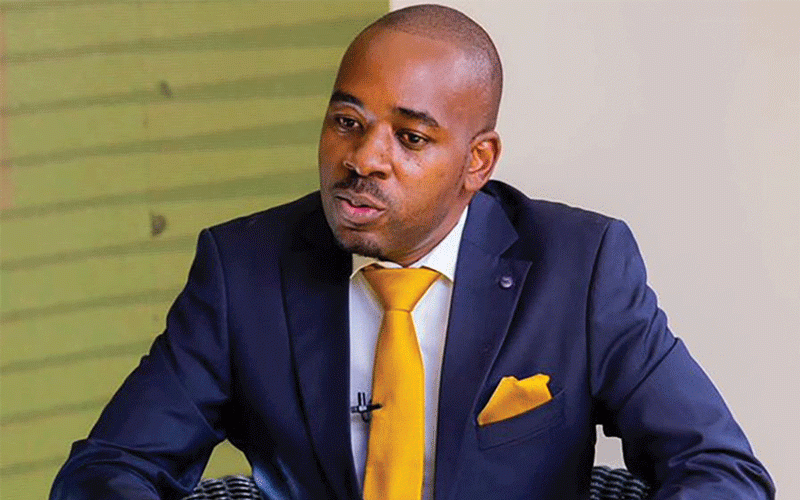
CIVIC society and opposition political parties yesterday decried Zimbabwe’s highly-polarised society which they say have rendered Unity Day irrelevant.
Zimbabwe yesterday celebrated the 35th anniversary of the Unity Accord, signed in 1987 by the late former President Robert Mugabe (Zanu PF) and the late Vice-President Joshua Nkomo (PF Zapu) which ended disturbances in the Matabeleland and Midlands provinces in the 1980s.
Civic society groups and political parties yesterday said more needed to be done to stop political violence and unite the nation.
They blasted government for failing to acknowledge post-independence atrocities such as Gukurahundi and election-related killings.
Citizens Coalition for Change (CCC) leader Nelson Chamisa said Zimbabwe would never enjoy true unity until dialogue took its course.
He said once in power, his party would unite Zimbabweans despite their political affiliation, race or tribe to ensure the nation thrives.
“There can never be true unity without true dialogue and love. We need each other. Unity is good for us all and a thriving economy. Unity doesn’t manipulate or rig elections. Unity doesn’t imprison or persecute political competitors. Unity is not unjust or unequal. Unity is neither violent nor terrorist. Unity is not violence or vengeance. Unity is not hateful or vindictive. Unity is love and forgiveness,” Chamisa said.
Zimbabwe Human Rights NGO Forum head of Transitional Justice Working Group, Fortune Kuhudzehwe told NewsDay that the celebrations were irrelevant as disunity was the order of the day in the country.
- Young vocalist making southern Africa dance
- Chamisa party defiant after ban
- Village Rhapsody: How Zimbabwe can improve governance
- News in depth: Partisan police force persecutes opposition, shields Zanu PF rogue elements
Keep Reading
“Unity is important for the development of any country, but it has to be unity of purpose. It doesn’t have to be unity of coercion or unity of force but unity of purpose. We have seen political leaders deliberately separating the masses through divide and rule tactics, calling for separation on tribal and political lines. Politics has affected the country’s social contract and social cohesion where hate speech fuelled by political leaders dominates,”Kuhudzehwe said.
He urged Zimbabweans to desist from being divisive as the country heads for the 2023 polls.
Crisis in Zimbabwe Coalition (CiZC) spokesperson Obert Masaraure said: “Justice for the victims of the Gukurahundi massacres remains elusive and sincerity is largely lacking on the part of the government. Victims of the Gukurahundi massacres continue to be dissatisfied with the government’s peace processes and celebrating the signing of the Unity Accord without ensuring truth-telling, national healing and reconciliation is a farce.”
Masaraure said the National Peace and Reconciliation Commission (NPRC) had ignored calls for a victim-centred approach to healing.
“Such a discredited process will in no way ensure truth-telling, justice and national healing, and is just a case of trying to tick the box. Government’s insincerity continues to be exposed by the victimisation of some groups and individuals seeking to push for a genuine process towards healing and reconciliation,” he said.
Political analyst Effie Ncube said: “Now it is clear that the day is not what it was initially thought to be. Instead of being a day to remember victims of Gukurahundi, it has become a celebration day for perpetrators. This was supposed to be a day of remembrance when the whole nation reflects on the killings, rape and other atrocities in order to craft ways to prevent recurrence of human rights violations.”
He said the starting point for national unity was truth telling and healing of the victims, as well as guaranteeing equal rights for all.
Zanu PF director of information Tafadzwa Mugwadi dismissed assertions that Zanu PF was contributing to the divisions in Zimbabwe.
“How does a sober person believe that, or at least come to that opinion? What is there to gain politically for such retrogressive groups to suggest there should be disunity? They and their cultic views do not matter when it comes to the sanctity of this unity. It’s a shared legacy of all well-meaning Zimbabweans,” Mugwadi said.
In a statement, Parliament of Zimbabwe called for peaceful polls next year.
“Unity Day is a timely reminder of our strength in unity and that we can only build brick by brick, stone by stone if we are a united force. It is, therefore, pertinent for the nation to unite against decisive forces that are keen on fomenting disharmony in our country,” it said in a statement.

